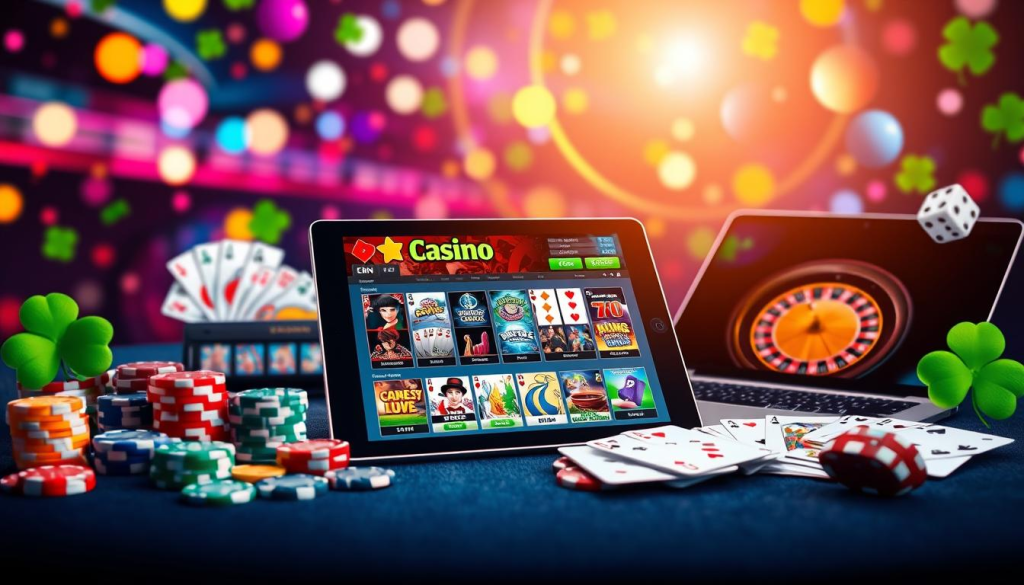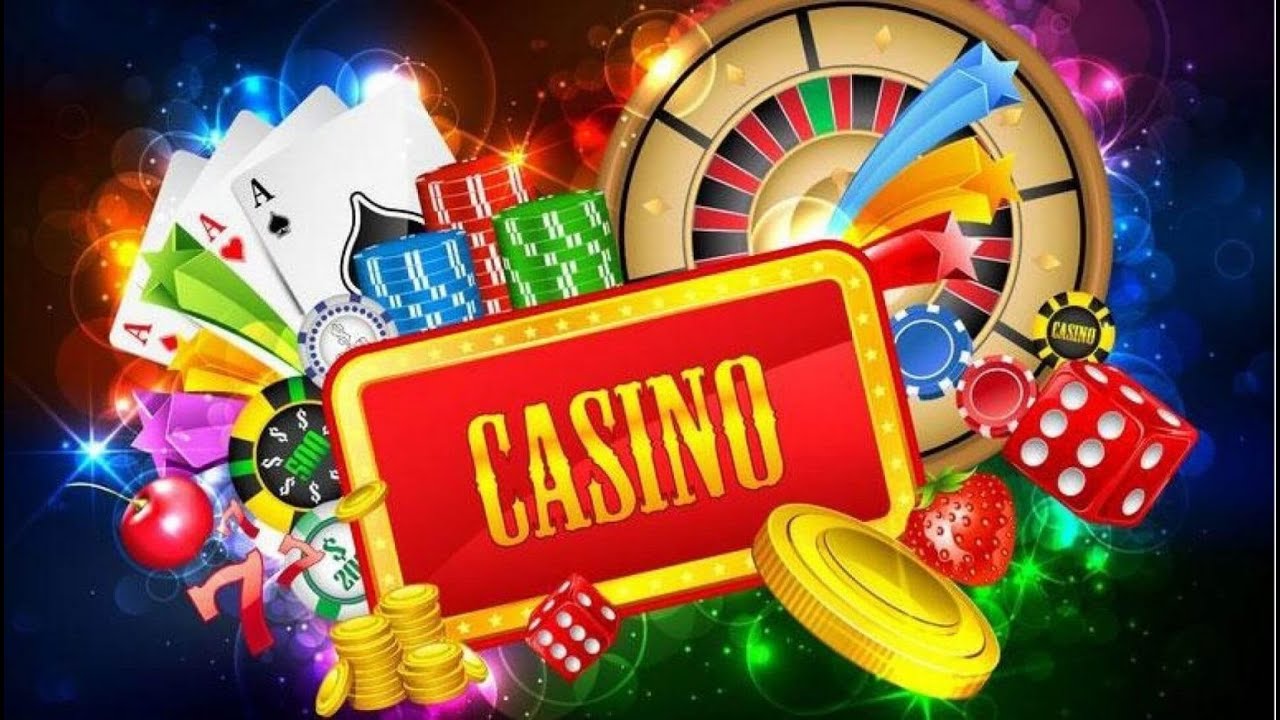The development of digital technologies has fundamentally changed the gambling market, turning local establishments into global platforms with round-the-clock access. Virtual services are not just websites with games, but high-tech platforms with multiple parameters that can influence user experience, outcomes, and security. For newcomers, it is important not to fall for aggressive marketing and visual effects, but to focus on key rules for choosing an online casino. Ignoring these criteria leads to loss of funds, loss of trust, and legal vulnerability. Therefore, each decision-making stage requires a thoughtful approach based on real factors, verified parameters, and transparent analytics.
Reputation and License: Legal Cleanliness as the Basis of Trust
Before registering on a platform, it is important to study its licensing status. International licenses from Malta Gaming Authority (MGA), UK Gambling Commission, Curacao eGaming, or Isle of Man confirm the legality of operations, financial responsibility, and technical audits. License verification can be done on the official regulator’s website using the number provided in the casino’s footer.

Special attention should be paid to the license expiration date, renewal history, and the presence of arbitration mechanisms. For example, a platform with an MGA license allows complaints to be filed directly with the commission, whereas an unlicensed casino holds no responsibility to anyone.
Additionally, an important criterion in the rules for choosing an online casino for newcomers is the reputation on independent forums and aggregators. Major resources like AskGamblers, Casino Guru, or Trustpilot gather user ratings, real reviews, and complaints, allowing assessment of payout transparency, fairness of bonus conditions, and overall player treatment.
Financial Instruments: Speed, Reliability, and Transparency
 The next stage of analysis is the payment policy. For newcomers, it is important to consider not only the number of deposit/withdrawal methods but also the regulations on operations, fees, and limits. Modern platforms offer support for dozens of payment methods: credit cards (Visa, Mastercard), e-wallets (Skrill, Neteller, Payeer), cryptocurrencies (BTC, ETH, USDT), as well as local methods for specific countries.
The next stage of analysis is the payment policy. For newcomers, it is important to consider not only the number of deposit/withdrawal methods but also the regulations on operations, fees, and limits. Modern platforms offer support for dozens of payment methods: credit cards (Visa, Mastercard), e-wallets (Skrill, Neteller, Payeer), cryptocurrencies (BTC, ETH, USDT), as well as local methods for specific countries.
The rules for choosing an online casino for newcomers state that an optimal platform should:
- Support at least 3–5 popular withdrawal methods.
- Ensure fund withdrawals within 24–72 hours without hidden deductions.
- Provide information on the minimum and maximum transaction amounts.
For example, BitStarz casino offers cryptocurrency withdrawals without fees, while PlayAmo processes withdrawal requests in less than 12 hours. Newcomers should avoid platforms where withdrawal times exceed 5 days or where there is no unified request processing system.
Software and Providers: Define Fairness and Variety
The quality of gaming content directly depends on the providers. Reliable online casinos collaborate with certified providers, including:
- NetEnt — a European giant focusing on graphics and low volatility.
- Pragmatic Play — a leader in the number of new releases, constantly updating its lineup.
- Evolution Gaming — a recognized standard in live games and realistic broadcasts.
- Play’n GO, Quickspin, Yggdrasil — major brands controlling the Return to Player (RTP).
The presence of these providers in the lobby indicates the technical fairness of the platform, as the casino cannot interfere with the algorithms of third-party software. For newcomers, it is important to focus on a variety of genres: from classic slots to live roulettes, crash games, and fixed jackpot payouts.
Bonus Policy: Incentive or Trap
One of the most challenging aspects in the rules for choosing an online casino for newcomers is evaluating the bonus system. Superficially generous offers often hide conditions that complicate real winnings. For example, a casino offers a 100% bonus up to $500. It is important to read the fine print — a 40x wagering requirement, betting restrictions (usually not exceeding $5 per spin), and prohibitions on certain games. With a $100 deposit, you would need to place bets totaling $4,000 before even withdrawing $1.
An ideal bonus system should:
- Have a transparent wager requirement (up to x30).
- Not restrict access to popular slots.
- Support no-deposit bonuses with reasonable limits.
- Provide free spins without hidden deductions.
In this regard, for example, Wildz Casino offers a welcome bonus with a clear x25 wager and automatic allocation of free spins without traps in the rules.
Customer Support and Interface Language: Barrier-Free Accessibility
Ignoring customer support is a common mistake. Online casinos must promptly respond to inquiries, provide round-the-clock chat, email, and ideally a local phone number. The language of communication is a crucial parameter. If the interface is machine-translated and the operator responds in a templated manner, the platform is not suitable for starting.
Before registering, it is advisable to test the support by asking questions about bonuses or withdrawals. A response within 1–2 minutes in a clear language with a direct reference to the rules is a reliable sign of trustworthiness. Examples include LeoVegas and MrGreen, which operate in Russian, English, Spanish, and offer adapted assistance on the platform.
Rules for Choosing an Online Casino for Newcomers: Freedom of Access
Modern players use smartphones for at least 65% of the time. An online casino without a mobile version cuts off a significant portion of traffic. Evaluation criteria include the presence of an official app (Android/iOS), interface adaptation, fast loading, and access to all functions (depositing, withdrawal, language change, live games).
For instance, Stake Casino provides a browser-based mobile platform with minimal delay, while 22Bet offers its own app with an integrated crypto wallet. For newcomers, it is important to check the responsiveness of the interface, quality of graphics, and ease of navigation — from slot filtering to loading live tables.
Fairness Control and Data Security
A platform must provide SSL encryption, compliance with PCI DSS standards (card acceptance), and support for two-factor authentication. Users should check for certificates from iTechLabs, eCOGRA, or GLI, confirming the fairness of random number generators (RNG).
Within the rules for choosing an online casino for newcomers, security forms the foundation of trust: data protection, transaction confidentiality, game history transparency, and prevention of external interference — basic parameters without which the legitimacy of a platform cannot be assured.
Control Questions
Before registering on a platform, newcomers should ask themselves the following questions:

- Is the license indicated, and can it be verified on the official website?
- Are reliable payment systems supported with fast withdrawals?
- Does customer support operate 24/7 and respond in the native language?
- Does the casino collaborate with verified providers?
- Are the bonus terms clear, and are there any restrictions mentioned?
- Is the platform adapted for mobile devices?
- Are fairness certificates and encryption systems used?
- Are there real reviews on independent platforms?
Answers to these questions shape the selection structure, minimizing risks and aiding in making informed entry into the online gaming world.
Rules for Choosing an Online Casino for Newcomers: Key Takeaways
 Rules for choosing an online casino for newcomers are not limited to first impressions, visual design, or bonus amounts. The decision requires a comprehensive analysis — from legal licenses to technical implementation nuances. A conscious approach to selecting a platform minimizes risks, increases the chances of fair play, and fosters a healthy attitude towards gaming. An online casino is not a means for instant earnings but an entertainment environment where victory depends not only on luck but also on choosing the right partner.
Rules for choosing an online casino for newcomers are not limited to first impressions, visual design, or bonus amounts. The decision requires a comprehensive analysis — from legal licenses to technical implementation nuances. A conscious approach to selecting a platform minimizes risks, increases the chances of fair play, and fosters a healthy attitude towards gaming. An online casino is not a means for instant earnings but an entertainment environment where victory depends not only on luck but also on choosing the right partner.
 en
en  de
de  ar
ar  es
es  nl
nl  hi
hi  fr
fr  it
it  pt
pt  el
el 











